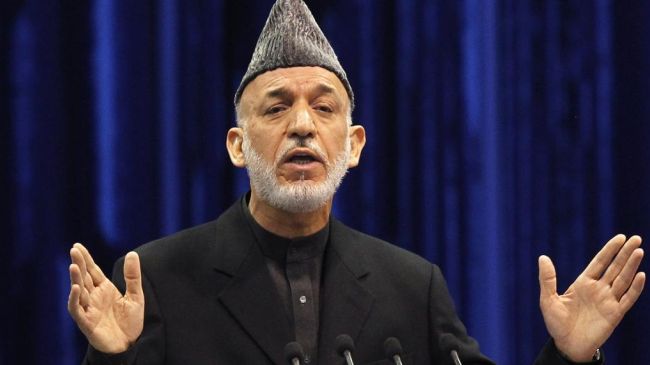NATO finds itself in a political tinder box. In late November, for the first time in fifty years, an Allied country shot down a Russian fighter jet, setting off a spate of accusations and sanctions between Turkey and Russia. Russia’s President Putin was quick to implement retaliatory economic sanctions and to publically accuse Turkey of supporting ISIS, asking “do they [Turkey] want to make NATO serve ISIS?” Turkey countered by claiming that it is Russia which supports ISIS, and charged Moscow of perpetrating “ethnic cleansing” of Syrian Turkmen, a group allied with Turkey. Matching political tensions is Russia’s deployment of its S-400 air defence missile system in Syria, capable of hitting targets in Turkey.
This is an extremely delicate situation for NATO. Unthinkable in recent decades, the incident raises the spectre of its being drawn into a military conflict in defence of an Ally. Exacerbating an already unstable security environment are the personalities of the Russian and Turkish presidents, both of whom are known for using conflict to fan nationalistic sentiment and domestic support. Such a volatile mix means that a miscalculated move by either Brussels or Ankara risks further escalation.
However unsavoury the situation may be, the nature of the conflict – one between a NATO Ally and Russia – means that the Alliance is deeply involved; it would be foolhardy to think otherwise. As Putin accuses Turkey of ‘stabbing’ Russia in the back and of supporting ISIS, he is also framing the conflict within his wider claim that NATO is a direct threat to Russia’s security. Among Putin’s first charges was that Turkey turned to “their partners from NATO” rather than speaking with Moscow first. Some have warned that Putin will try to spin the incident into a demonstration of ‘NATO aggression’, thus laying the groundwork to legitimise a range of retaliatory actions. There is no ambiguity in Russia’s updated security strategy document, signed by Putin in December of this past year, designating NATO’s activities as a threat to Russia’s national security.
On a broader level, Russia is using the conflict to position itself on the international stage. By flying Russian fighter jets that close to Turkish airspace and thus heightening the risks for all involved, Russia is demonstrating its ability to impose its presence and to secure a seat at the top table. Cast against the simmering conflict in Ukraine and Western sanctions, Moscow is underscoring that it will not be frozen out internationally, especially as it positions itself ahead of possible peace talks on Syria.
While Russia’s political manoeuvring is not new, the incident with Turkey highlights the degree to which NATO’s hands are tied when responding to an increasingly assertive Russia. Firstly, given the heightened tensions with Russia, it would be relatively easy for an already incendiary situation to escalate; NATO must measure its moves, words and signals very carefully to avoid such a scenario.
Internally, the Alliance lacks consensus on how best to address Russia’s actions and provocations. This is made all the more difficult by the multiple crisis points simultaneously drawing Allied attention and resources. As the old adage goes, ‘geography matters’. The differing threat perceptions among Allies are contributing to diverging viewpoints on how to respond to Russia’s actions, making a unified NATO response difficult. Moscow is using the downing of the jet to aggravate these internal differences. Its claims of Turkish support for ISIS plays into existing tensions within NATO as some Allies lament what they see as Turkey’s half-hearted efforts to combat ISIS.
Combined, these factors leave the Alliance with few options in responding to this latest incident. Among them might be to publically reiterate NATO’s commitment to the Article V clause of collective defence and to position some of its forces near Turkey as a message of deterrence. However, given the threat that Moscow sees the Alliance as posing, it must be made absolutely clear that while NATO is prepared to defend its Allies, it is not preparing to attack Russia’s territory. This message should be reiterated in both public and private; the stakes are too high for any potential miscommunication.
Within the Alliance, NATO should urge Turkey to make every effort to reach a bilateral resolution and to avoid Russian provocation by any reasonable means. It must be made abundantly clear to Ankara that Turkey would not be able to hide behind the Alliance and Article V if it were to recklessly provoke Russia into an avoidable conflict. While modest, these responses offer NATO a way of managing a nearly impossible and potentially dangerous situation.
Putin’s increasing influence in 2015, won through his diplomatic and military muscle flexing particularly in Ukraine and Syria, caught the West flat-footed. The Russian President understands that power is what you can make of it at any given time and place and he will continue to exploit and create incidents where he can increase his power in 2016. In spite of Russia’s increasing budgetary problems, further provocative moves and more ‘close calls’ are probably in the cards in the future.
While NATO must be prepared for such incidents, the downing of the Russian jet underscores the limitations on NATO’s actions and the difficult situation present security challenges pose to the Alliance. However, they also demonstrate NATO’s strength as the world’s largest military alliance, having most likely made Russia think twice about retaliatory military measures against Turkey. What role NATO will play in managing such delicate situations in future will be one of the key questions in the lead-up to the Warsaw Summit this July.




